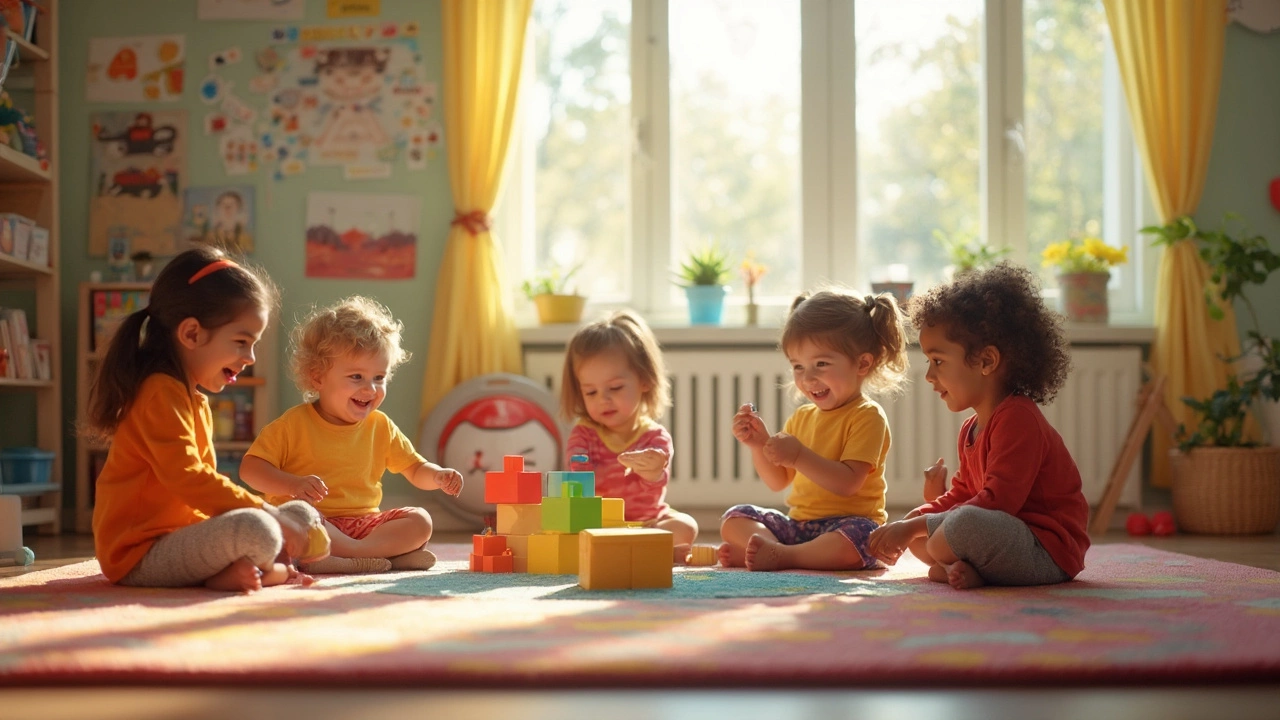Foundation Years: What Every Teacher and Parent Needs to Know
When a child starts the foundation years, they’re stepping into a world built for curiosity, play, and real‑life learning. In the UK, this stage covers ages 3 to 5 and sets the tone for everything that follows in school. Knowing the basics helps you plan activities that feel natural, keep kids motivated, and meet the statutory requirements.
Key Features of the UK Foundation Stage
The foundation stage is guided by the Early Years Foundation Stage (EYFS) framework. It focuses on seven areas of learning, split into three ‘prime’ areas (personal, social and emotional development; communication and language; physical development) and four ‘specific’ areas (literacy, mathematics, understanding the world, expressive arts and design). These aren’t separate subjects; they blend together in everyday play.
Assessment is low‑key. Practitioners observe children during routine activities, noting how they solve problems, interact with peers, and use language. The goal isn’t to grade but to spot strengths and where extra support might help. For parents, the EYFS checklist can be a handy tool to see what milestones to look for at home.
Practical Tips for Supporting Young Learners
1. Turn routine into learning. A snack time can become a counting activity – ask, “How many crackers do we have?” or a language game – “Can you name the colors on the plate?” Kids absorb concepts best when they feel they’re playing, not being taught.
2. Use open‑ended questions. Instead of asking, “Did you enjoy the story?” try, “What was your favorite part of the story and why?” This pushes children to think, reason, and use richer vocabulary.
3. Create a predictable environment. Clear daily schedules help kids feel safe and ready to explore. Visual timetables with pictures work wonders for children who are still building reading skills.
4. Mix indoor and outdoor experiences. Outdoor play boosts physical development and gives real‑world contexts for maths and science – measuring a garden patch, sorting leaves, or comparing the height of sticks.
5. Celebrate effort over outcome. When a child tries a new puzzle, praise the perseverance: “You kept working until you solved it!” This builds confidence and a growth mindset that lasts beyond the foundation years.
For teachers, collaborative planning with colleagues keeps ideas fresh. Sharing a simple activity that worked in one class can spark a new approach elsewhere. For parents, short daily check‑ins with the child’s teacher help keep the learning thread consistent between home and school.
Remember, the foundation years are not a race. Each child’s pace is different, and the EYFS framework respects that. By focusing on play, curiosity, and supportive relationships, you give children the strongest base for future academic success.
Use the resources on Blossom Learning – worksheets, activity ideas, and teacher guides – to add variety without extra prep time. The right tools, paired with genuine interest in the child’s world, turn the foundation years into a truly enjoyable journey for everyone involved.

What Is Early Years Education? Understanding the Importance for Childhood Development
- by Eliza Fairweather
- on 28 Jun 2025
Explore what early years education means, why it matters, and how it shapes children's learning, development, and lifelong success. Find useful tips and real-life facts here.
